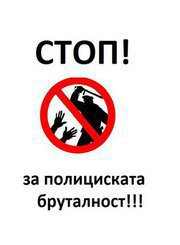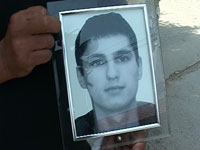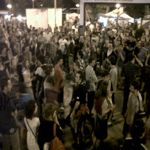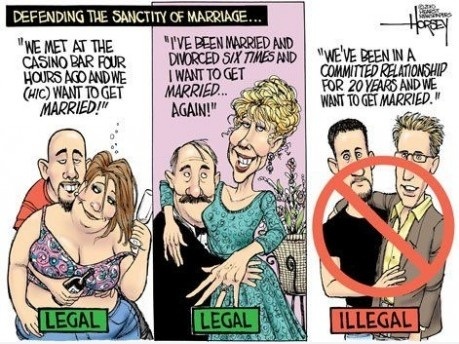Tal como em Portugal, realizaram-se eleições legislativas na Macedónia no dia 5 de Junho. O acto eleitoral, ao contrário dos anteriores, decorreu sem grandes problemas e as organizações internacionais foram unânimes em declarar estas eleições justas e livres, mas o dia não terminaria sem tragédia: por volta da meia-noite, quando os apoiantes do partido vencedor se juntavam na praça central de Skopje a festejar a re-eleição do primeiro-ministro Nikola Gruevski, Martin Neshkovski, de 23 anos, foi espancado até à morte por Igor Spasov, membro dos “Tigres”, as forças especiais da polícia Macedónia.
As razões por detrás deste brutal ataque estão, ainda hoje, no segredo dos deuses, já que Igor, detido pela polícia na passada terça-feira, recusou-se a colaborar com a investigação. O que se sabe é que, de imediato, as autoridades procuraram abafar o assunto, tentando fazer passar o espancamento como um “acidente”. A esmagadora maioria dos órgãos de comunicação social, controlados direta ou indiretamente pelo Governo, decidiram ignorar o assunto, procurando fazê-lo cair no esquecimento. Felizmente, isso não foi possível, devido a uma imediata e forte reação de algumas centenas de jovens macedónios que, organizando-se via redes sociais, iniciaram no dia 6 o que viria a ser uma série de protestos diários contra a violência policial e a atitude sobranceira das autoridades.
O Governo, por seu lado, continua a ignorar a gravidade do caso e procura ilibar-se. A Ministra da Administração Interna recusa demitir-se, alegando não ter responsabilidades no caso, mesmo que não saiba responder quando lhe perguntam o que faziam elementos dos Tigres entre a multidão na noite de dia 5. O jornal Vreme, um dos poucos media independentes do país, revelou fotos que mostram o alegado assassino seguindo Gruevski pelas ruas, momentos antes do ataque; o canal de televisão A1 revelou igualmente imagens da inauguração duma clínica em 2008 em que se vê claramente Igor Spasov atuando como segurança do primeiro-ministro. A conclusão é simples: as forças especiais da polícia Macedónia estão a ser usadas como segurança privada do primeiro-ministro.
A tentativa de ignorar o caso e as suas responsabilidades, tanto da parte do Governo como da própria Polícia, apenas fortaleceram os protestos, que de dia para dia foram chamando cada vez mais pessoas para a rua. Alguns partidos políticos tentaram associar-se aos protestos, mas foram de imediato postos de lado; agora, os protestantes caminham pelas ruas de Skopje com uma tarja com uma frase tão simples quanto poderosa: não somos um partido. Este grupo cada vez maior de jovens não tem pretensões políticas nem quer uma revolução; quer apenas que seja feita justiça e que os responsáveis paguem pelo crime, seja quem matou Martin Neshkovski ou quem mandou Igor Spasov estar junto do primeiro-ministro nessa noite.







